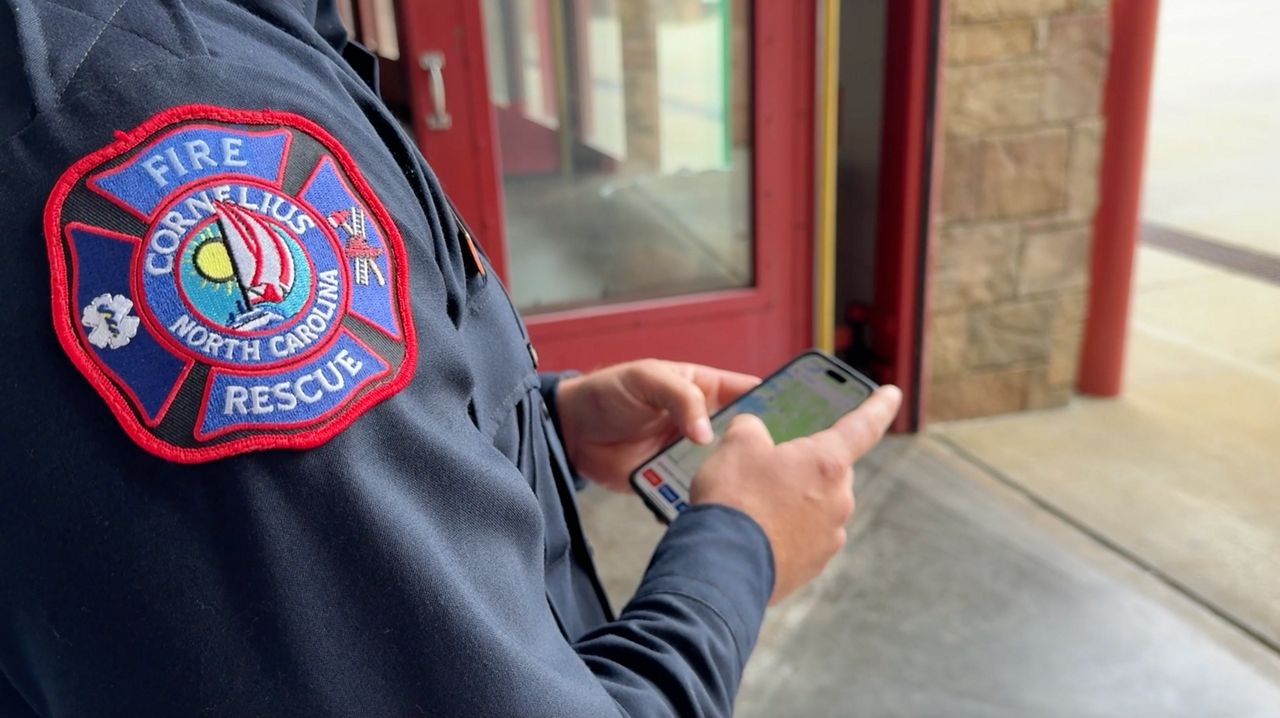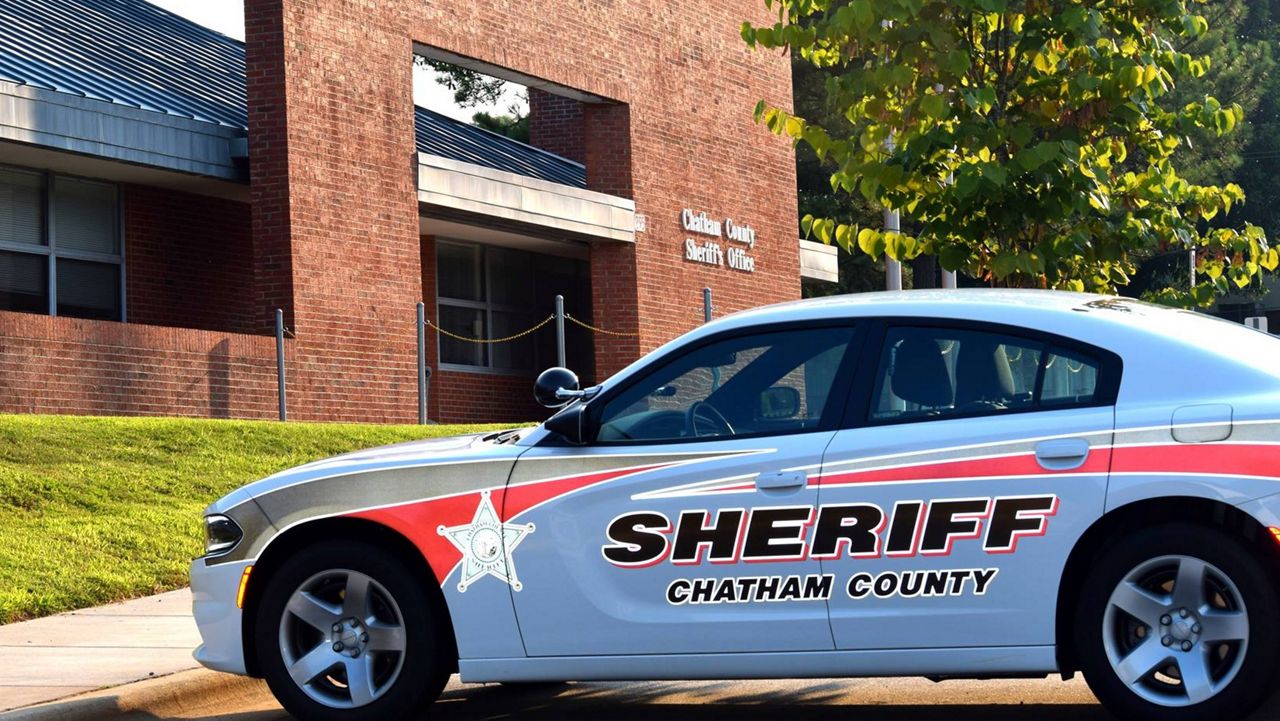CHAPEL HILL, N.C. — The Biden-Harris administration rolled out a new student loan forgiveness program this week, after the previous plan was struck down in the U.S. Supreme Court.
The key points of the program include cutting payments on undergraduate plans in half, bringing many borrowers' loan payments down to zero dollars per month and ensuring borrowers never see their balance grow as long as they keep up with payments.
A new semester at UNC-Chapel Hill this week means new opportunities, but for some students it also means adding to growing student loans.
“I think it’s important to get them out of the way," Fisher Ramsey, a sophomore, said. "I’m trying to get a higher-paying job to help out with that. But we will see how that goes.”
Ramsey and fellow sophomore Aaron Neighbors are majoring in computer science and environmental science, respectively.
They say they have grown weary about whether a loan forgiveness plan will come to fruition.
“I’m sure I won’t qualify or something like that, so I’m just going to pay off my loans like everyone else," Neighbors said.
While students are unsure whether they could qualify for this new program, some experts say it offers a better alternative than the one-time forgiveness plan originally proposed.
"It was going to wipe away some debt for people, certain people," Kate Elengold, assistant professor of law and director of the UNC School of Law's Economic Justice Clinic, said. "That didn't mean future debt wasn't going to continue to build."
Elengold has worked closely with students for years as a professor. She says it’s tough to hear students fear their loans will limit what they can do with their future.
She says she hopes this plan gives them the freedom to follow they career they choose.
"I think that income-driven repayment plans in general, and saves in particular, hopefully eases that burden a little," Elengold said. "So if someone wants to take or has to take a lower-paying job, their monthly student debt amounts will be reflected, that will be reflected in how much they owe to the government."
In the face of uncertainty, Ramsey says he's preparing to pay.
“You have to do the work yourself, I guess," Ramsey said. "I think that’s the safest way to go about it.”
The administration says to date it has canceled more than $116 billion in student loan debt for 3.4 million Americans.





)


